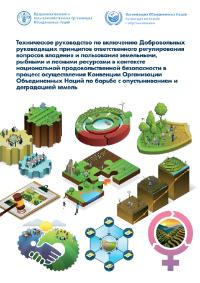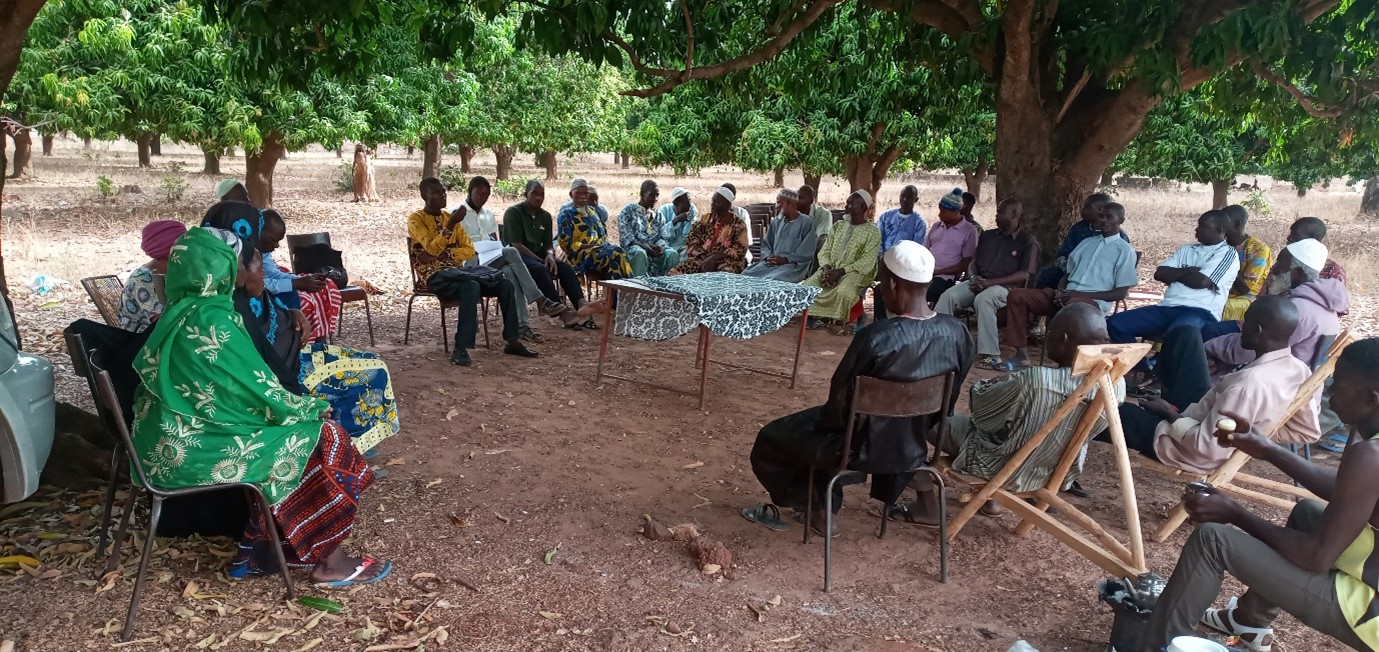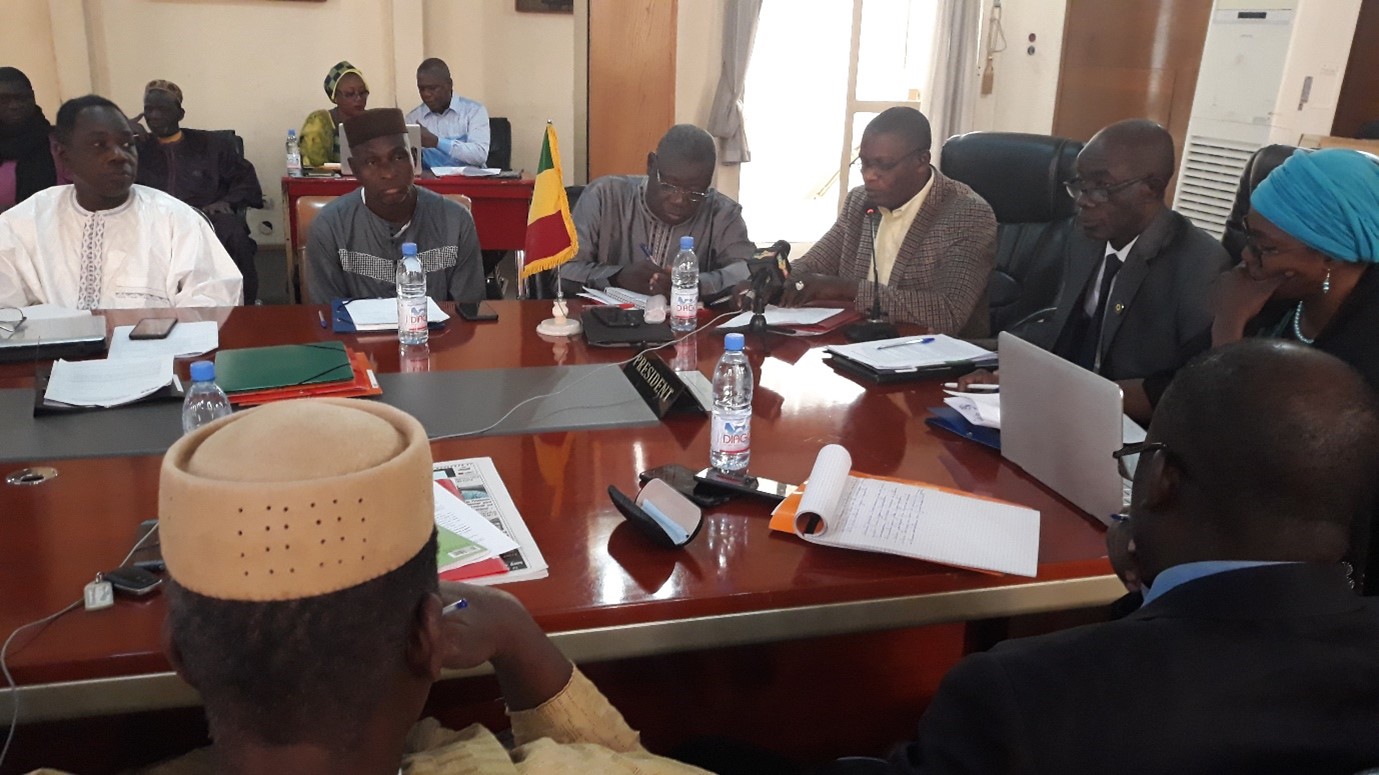Техническое руководство по включению Добровольных руководящих принципов ответственного регулирования вопросов владения и пользования земельными, рыбными и лесными ресурсами в контексте национальной продовольственной безопасности в процесс осуществления Ко
Данное техническое руководство, подготовленное совместно секретариатами Продовольственной и сельскохозяйственной организации Объединенных Наций (ФАО) и Конвенции Организации Объединенных Наций по борьбе с опустыниванием (КБОООН) при участии многих заинтересованных сторон, посвящено интеграции Добровольных руководящих принципов ответственного регулирования вопросов владения и пользования земельными, рыбными и лесными ресурсами в контексте национальной продовольственной безопасности (ДРПРВ) в рамках реализации КБОООН и достижении нейтрального баланса деградации земель (НБДЗ), тем самым дополн












